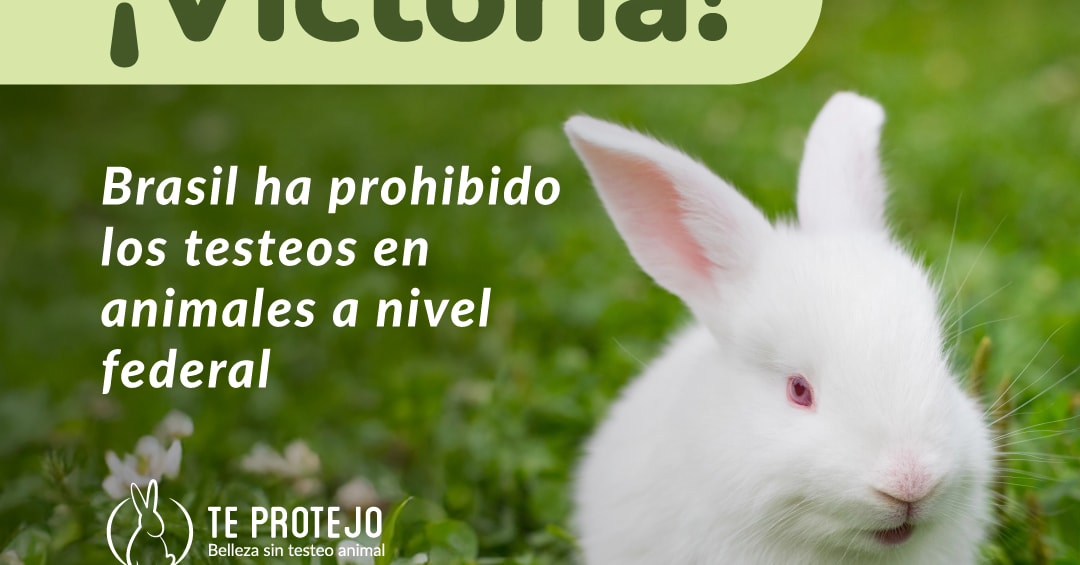Mercy For Animals has just released the fourth edition of the Canada Animal Welfare Scorecard – the annual benchmarking report evaluating 40 major food companies in Canada on their policies, progress reporting, and roadmaps toward sourcing cage-free eggs, crate-free pork, and BCC-aligned chicken.
This 70-page report is the most comprehensive analysis of corporate animal welfare policy in Canada ever produced, highlighting both company progress and the urgent need for greater transparency.
You can view the website and report here and our press release here.
NEW IN 2024
- Industry evaluation highlights: 1) Discrepancies between the BCC and inadequate national poultry welfare guidelines, lack of progress and transparency from companies on the BCC; 2) Concerning lack of growth of cage-free production and global companies’ progress lagging; 3) Varying “crate-free” practices and the need for companies to address the length of time sows still spend in crates.
- 40 company features: Each sector represented in the report—retail, restaurants, foodservice, manufacturing—has its own ranking and is followed by a one-page feature on each company that outlines the history of their policy commitments, progress, and our recommendations.
TRENDS
- Trend toward regional animal welfare reporting in Canada: Since 2020, the number of companies evaluated that are reporting regionally in Canada has increased from 11 to 28 while the number of policies with reported progress has increased more dramatically, from 13 to 48.

*The first edition of the Canada Animal Welfare Scorecard was released in 2021.
Regional reporting in Canada refers to reporting in Canada, the United States
and Canada, or North America.
- First-time policy reporting remains steady as reporting updates rise significantly each year: While an average of 9 policies see first time progress reporting each year, the number of policies with updated annual reporting grew from three in 2021 to 27 in 2024 (excluding policies that were reported fulfilled in previous editions of this report).

COMPANY PROGRESS
- Cage-free sourcing advances despite lack of producer commitment: McDonald’s Canada, Boston Pizza, and Eggsmart fulfilled their cage-free egg policies one year ahead of their deadlines, while Aramark more than doubled their cage-free progress in Canada
- Major poultry players advance welfare in processing but have yet to take action regarding fast-growing breeds: After Maple Leaf Foods completed their transition to 100% controlled-atmosphere stunning, both the country’s largest retailer, Loblaws, and largest restaurant chain, Restaurant Brands International (parent company of Tim Hortons and Popeyes), for the first time reported progress toward CAS.
- Companies move ahead of delayed industry timelines to transition to group sow housing: Starbucks Canada tripled their progress toward group sow housing in North America, while Costco Wholesale Canada reported transitioning most of their private label pork to group sow housing. Many companies have yet to report progress in this area, but those that are reporting now often outpace the industry’s own delayed timeline of 2029.
Thank you to the growing number of organizations and advocates that are drawing attention to the state of corporate animal welfare in Canada! Please don't hesitate to reach out with any questions.



